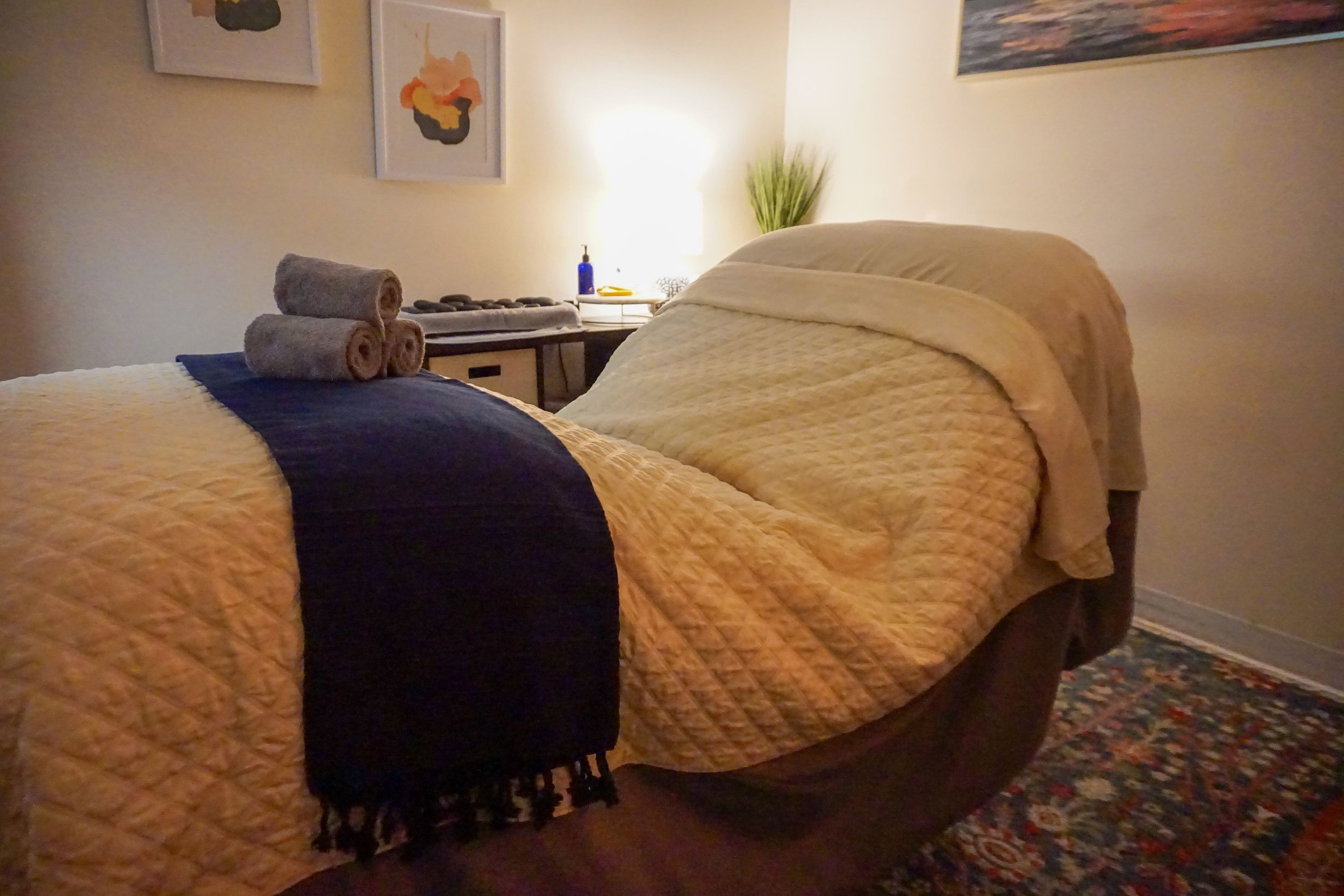
What ever stage you’re in- from just thinking about cosmetic surgery, or you’ve had cosmetic surgery and need assistance with your recovery- we got you.
Certified in Cosmetic Surgery Therapy from the Norton School of Lymphatic Therapy, we are specifically trained in preparing a client for cosmetic surgery and facilitating post-operative healing.
Cosmetic Surgery Therapy
Why Post-op therapy?
Often times, poor results from cosmetic surgery is attributed to the inept skills of the Plastic Surgeon. However, unsatisfactory outcomes are most likely due to poor post-operative care.
Even when a patient feels they are prepared, they often find themselves not knowing the right next things to do post-operatively to promote their healing.
With Elizabeth, you will receive manual treatments that focus on swelling reduction, increasing sensation and circulation, as well as scar tissue work once incisions are healed. Pain and swelling will be reduced, and ultimately, results and appearance will be maximized. You will also receive education about how to take recovery into your own hands and prevent complications with nutrition tips, exercises, and education materials.
Good post-operative care is a necessity to get the best results from the surgery performed. With this knowledge, you are empowered to help make your recovery the best it can be- so you can get back to living your life!
Pre-surgery consultation
Cosmetic Surgery - although elective - is still surgery, and there is a lot to consider. In your pre-surgery consultations, we won’t talk about if you should have surgery, which surgery to have, or which surgeon to select. However, we can discuss things like:
What to ask your surgeon when deciding to hire them
What to (realistically) expect after surgery
How to prepare your home and loved ones to best support surgical recovery
Proper garments and usage for your specific surgery
If you know your surgery date, scheduling your post-op Lymphatic Drainage appointments
Any questions you might have!
What does Manual Lymphatic Drainage after (any) surgery do?
Assists your lymphatic system in flushing excess fluid and unwanted cellular debris at a faster rate
This flushing of excess fluid reduces swelling- which reduces pain, increases mobility, and reduces possibility of fibrosis
Increases localized circulation of oxygenated blood- which accelerates healing
Decreases the risk of infections
Proper healing ensures better outcomes of your investment
How soon should you start?
We recommend getting your post-op appointments booked as soon as you know your surgery date. That way, it’s one less thing to worry about, and - trust me - your future, post-op self will thank you for thinking of them.
Every body is different, but the inflammation phase of healing usually starts within 24 hours after surgery and can last for 2 weeks or more. Therefore, we like to start treatments in the first 3-5 days after surgery with two sessions per week for the first two weeks. At that point, depending on what your body is indicating that it needs, we will decide together how to move forward.
It’s common to continue therapy through the final stages of healing to maximize the return on your investment. Over time and as your body heals, you’ll need different things such as scar tissue work and fibrosis care.
Post-Op Lymphatic Care sessions include:
Manual lymphatic drainage techniques for the face and body to reduce pain, edema, seromas, fibrosis, bruising, and decreased range of motion
Modalities such as herbal supplements and body positioning to reduce swelling, bruising, and pain
Compression garment assessment and implementation
Evaluation and identification of post-op complications
Pain management and relaxation training
Scar management and massage for the face and body
Answering your questions about recovery
With your consent, recovery collaboration with your surgeon
Post-Op Lymphatic Care FAQs
-
No, a pre-surgery consultation is not required to have post-op services
-
If you need assistance undressing and re-dressing before and after your session, or if you need assistance getting on or off the table, then yes you will need to bring someone with your to your appointments.
-
Having your surgeon’s information is not a requirement, but knowing who your surgeon is and, particularly, the ability to contact them to consult about your recovery could be helpful.
